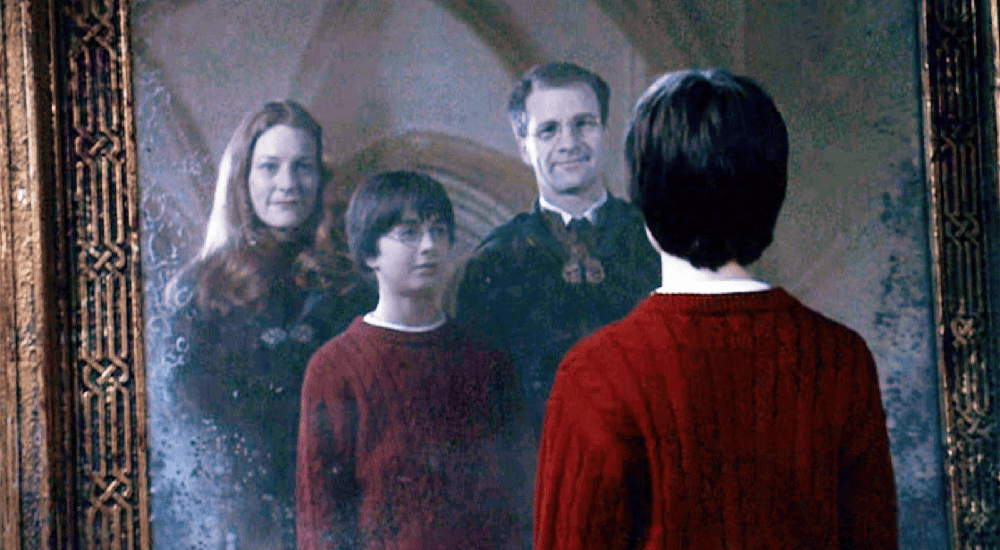
The Mirror Moment
This week in The Art of Story workshops, we focused on the Midpoint, which I’ve taught for many years. But I learned recently from the brilliant Blair Richwood about James Scott Bell, who’s added an interesting new angle to this part of a story. According to Bell:
What I discovered was that the true midpoint was not a scene at all—it was a moment within a scene. And that very moment, if properly rendered, clarified the entire story.
It’s about the Lead character, taking a long, hard look at himself (as in a mirror). He asks, Who am I? What have I become? Who am I supposed to be? An example is the classic film Casablanca. In the dead center is that moment when Ilsa comes to Rick after closing time, to explain about why she left him. He’s drunk, and basically calls her a whore. She cries and leaves. And Rick buries his head in his hands. The rest of the film is about what kind of man Rick will be.
Or, the mirror moment is when the character realizes that the odds are so great he’s probably going to die. This is the very middle of The Fugitive. Dr. Richard Kimble realizes every police officer and fed in the country is after him. He can’t possibly survive.
Now, if you are intentional about what this moment is in your own book, it will illuminate everything for you. The writing will be more unified and organic. If you’re a pantser, you’ll be guided on what to pants next. If you’re an outliner, it will help you revise your outline.
I’ve always taught that the Midpoint is that point in the story where everything goes wrong. Death and despair seem to take over. This is helpful in terms of marking plot points. But plot is only part of the story. More important in the story is Story-with-a-capital-S, which can be defined as the transformation of the main character as a result of events in the plot. So writing the figurative “mirror moment” gives you the opportunity to dig deeper, to make the midpoint more than just a plot twist.
Applying this to my own memoir, I gained new insight into what my story is really about. What my character has to face. What my character has to decide. Thank you, Mr. Bell!
